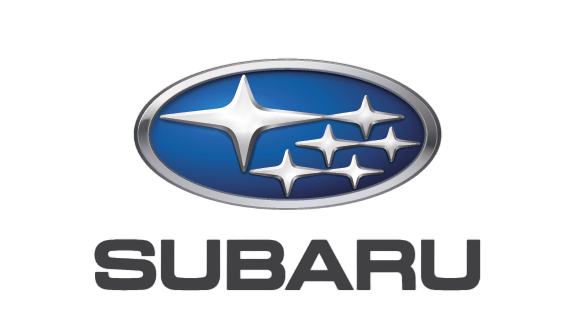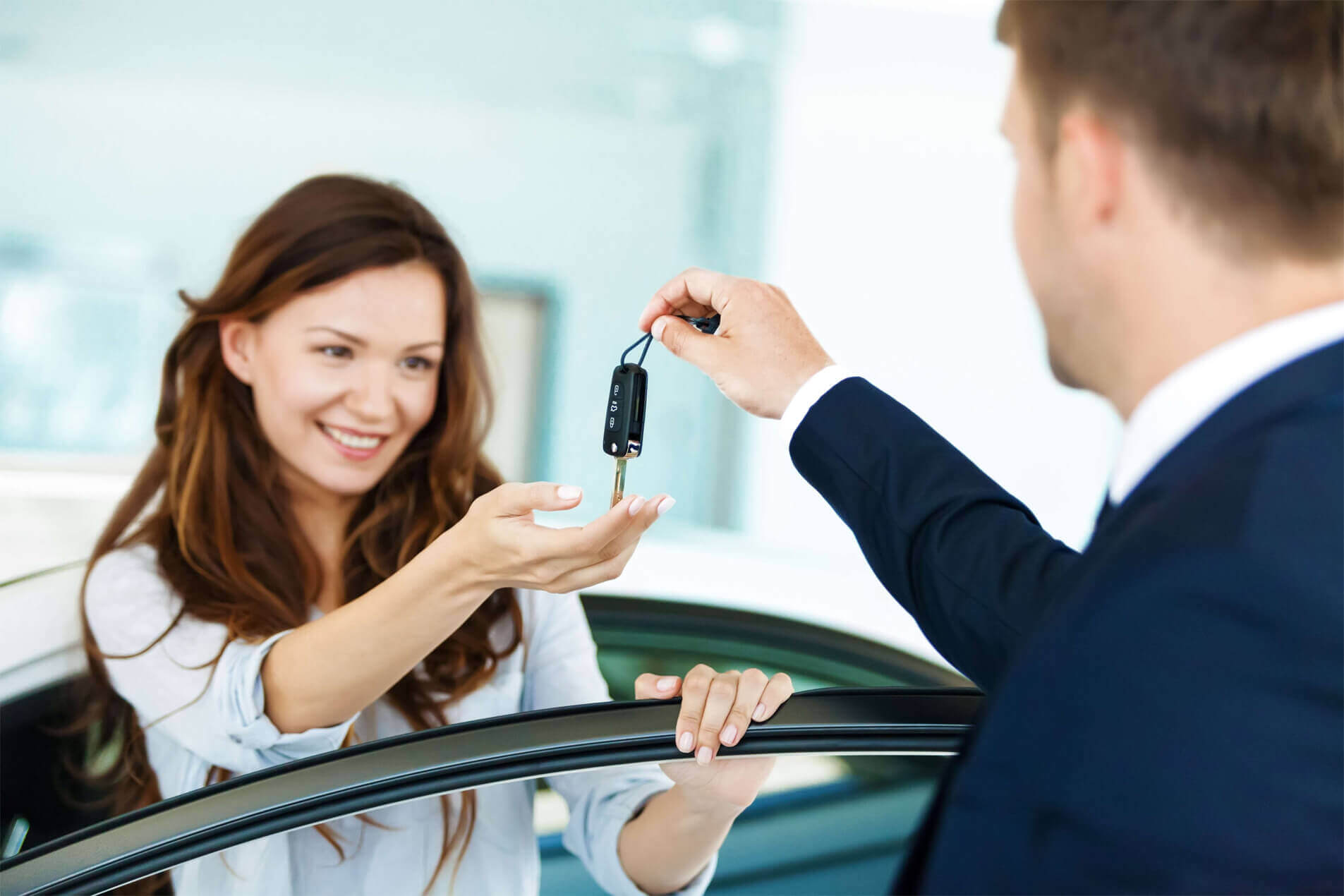If you’re a new learner driver and you have the chance to purchase your first ever car what should you buy to learn in? Many learner drivers will use a borrowed car from their parents to learn in, but this isn’t always an ideal situation, and the car may have many advanced safety features. This can lead to a false sense of security when the new driver gets their own car, and they have a dangerous level of confidence. However, if they have the budget, a new learner could purchase a Subaru Impreza or other car that has plenty of active safety features. In this article, we will look at some of the things that a learner driver will have to consider when they choose their first car.
Car Buying Considerations
It’s likely that the new driver will want to buy their car as soon as they can after they have a learner licence. This will allow them to practice in their own car as much as they want and getting plenty of time on the road gives the learner plenty of experience. If the learner has a larger budget this can open up the possibilities significantly. For example, some modern cars have brake warning systems that will be helpful when learning to drive, but this technology has not trickled down to cheaper cars at this juncture. If the driver looks at a Subaru Impreza for sale in Perth, they can find all of the features that they need, and there are finance options available to suit many budgets. Speaking of which, let’s take a look at budgeting for a first car purchase.
How Much Can You Realistically Spend?
If you’re at or going to university, you may have a student loan and spending additional money on a vehicle would have to be factored into your thinking. Many new drivers fail to factor ongoing expenses into their thinking, and this can lead to budgeting problems later. To get on the road and stay there, you will need registration, insurance, fuel, and money for regular servicing. There are other incidentals, such as new windscreen wipers, tyre changes, and the fluids that your car needs (oil, brake, transmission, and others). All this can add up to an annual cost of $700-$1,000 if you don’t need a major repair.
The fuel costs alone can be hard to budget for because the price of fuel is subject to change. However, let’s say that you’re doing 200km per week and you’re using around 20L of fuel, making it 10L/100km. This would equate to $50 spent on fuel each week and $2,500 spent on fuel every year. This is a simple rounded figure to illustrate a point, but if you want to save money on fuel, it’s important to get a car with good fuel efficiency. Regular servicing can also boost fuel-efficiency along with maintaining correct tyre pressures and reducing unnecessary weight.
The trick is to get a car that’s safe and reliable without getting into too much debt at the same time. It can be extremely hard to strike a balance, but stretching your budget for a particular feature that’s just out of your financial reach can cost a great deal of money. If you look at a Subaru Impreza for sale, you can get good rates and other extras, such as free insurance, servicing deals and other incentives that make it an attractive option. Work out a comprehensive budget first, look at what you have left, and this will give you a price that you can afford. Don’t forget to add things into your budgeting, such as entertaining, clothes, food and other incidentals, or you will quickly regret your purchase. Always be prepared to negotiate and if the deal isn’t good enough, simply walk away and look for something better.
Evaluate Your Car Needs
Many new or learner drivers are fixated on performance cars like the WRX STI when a Subaru Impreza hatch or sedan would be a more realistic choice. Even if a new driver could afford a performance car, it’s highly unlikely that they could afford the aforementioned running costs. Take some time to really evaluate what you need from your prospective car, if you’re a musician maybe you need to haul a PA system around at the weekends? Maybe you like surfing, and you need a car that can go offroad to the beach and accommodate a roof rack to carry your boards? You get the idea, people have different needs and interests, so everyone’s idea of a perfect car will be different.
Manual or Automatic?
If you’ve learned to drive and taken your restricted driving test in an automatic, you cannot drive a manual until you have a full licence. This is less of a problem now than it was in the recent past because many new imported cars are automatic anyway. However, if you have a tighter budget or you want to drive a classic car that you want to work on yourself, then you need to learn to drive a car with a manual transmission.
Safety Features
As a new driver, it’s more likely that you will be involved in a car accident during the first few years of your driving career. So, it makes sense to choose a car that has a decent suite of safety features to keep you and your passengers safe. At the bare minimum, make sure you get a car that has a larger number of airbags and ensure they work before you commit to buy. When you look at cars, pay attention to the ANCAP safety rating and try to get a car that’s as close to the top coveted score of 5 as you can.
The Test Drive
A car may look good on paper, but it’s essential to take it on a test drive for at least half an hour to see how it drives. This period will allow the engine to warm up sufficiently from cold and you can listen out for any strange noises that could indicate a problem. If you’re not sure what to look out for it’s a good idea to take along someone that has more experience with cars. If you go for a cheaper car, it’s likely that there may be some faults, but make sure you can live with these and don’t compromise on safety.
Other Minor Points to Check:
Research Different Car Models:
Start by researching various car models that suit your needs and budget. Look into online car reviews, safety ratings, and forums to gain insights from current owners about their experiences with different cars.
New or Used Cars:
Consider whether a new or used car is a better fit for your budget. Used cars can often be more cost-effective, but it’s crucial to have a trusted mechanic inspect the vehicle’s condition before making a purchase.
Insurance Costs:
Factor in insurance costs when budgeting for your car. New drivers often face higher premiums, so choosing a car with lower insurance rates can help save money in the long run.
Practice and Training:
While owning a car allows more practice opportunities, professional driving lessons from certified instructors are invaluable for developing safe driving skills.
Gradual Introduction to Technology:
If your budget allows for a car with advanced safety features, remember to rely on basic driving skills first and gradually incorporate technology. Responsible driving should always be the priority.
Responsible Driving:
Emphasize the importance of adhering to road rules and speed limits. Safety features in a car cannot replace responsible driving behavior.
Resale Value:
Consider the potential impact on the car’s resale value, especially for newer models. Some cars retain their value better than others, making them more cost-effective choices in the long run.
Environmental Considerations:
If possible, opt for fuel-efficient or electric vehicles to reduce your environmental impact, particularly if you frequently drive long distances.
Emergency Preparedness:
Keep an emergency kit in the car, including items like a first aid kit, flashlight, tire repair tools, and jumper cables.
Extended Warranties:
For used cars, consider purchasing extended warranties to provide additional coverage and peace of mind.
Important Steps to Buying Used Cars for Sale:
If you’re considering buying a used car, check out our blog on Important Steps to Buying Used Cars for Sale. This comprehensive guide will walk you through the essential aspects to consider when purchasing a pre-owned vehicle, ensuring a successful and rewarding experience.
Conclusion:
Purchasing your first car as a new learner driver is a significant decision that requires careful consideration. Research different car models, evaluate your budget, and factor in ongoing expenses like insurance, fuel, and maintenance. Focus on safety features, responsible driving, and additional emergency preparedness. By considering these factors, you’ll be better equipped to find the ideal car that aligns with your needs, budget, and ensures a safe and enjoyable driving experience as you embark on this exciting journey.

